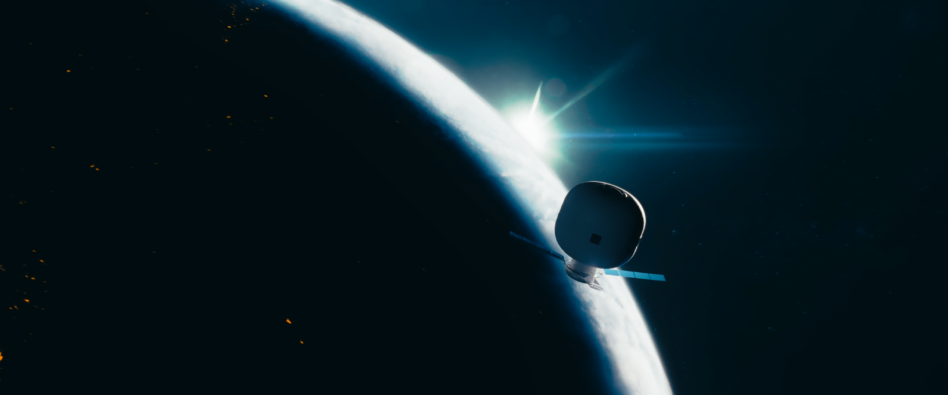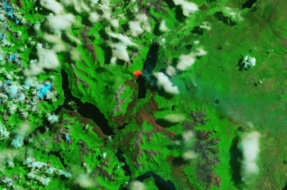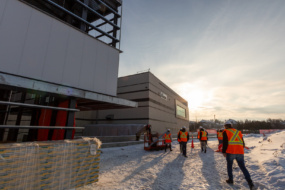Shooting a Beyonce music video in zero gravity. Farming to feed astronauts on the Moon. Storing fuel in orbit.
A new expandable space habitat designed and built by Max Space, which was founded last year, could make all of the above a reality, cofounder Aaron Kemmer told Payload.
How it works: The first expandable habitat from Max Space will be 1,000 cubic meters. It’s designed to go up on a single launch, rather than requiring multiple launches to slowly piece together a structure in space, and is expected to be much cheaper per cubic meter than existing habitats, like the ISS, said Kemmer, who previously founded Made in Space.
After launch, the habitat, which is made of several layers including a bulletproof kevlar to protect against micrometeor impacts, expands in orbit (a video is worth a thousand words here.) It includes an airlock where spacecraft can dock to deliver people or supplies, or to pick up goods made in space to bring back to Earth.
The company has raised a seed round and won its first contracts, though Kemmer declined to give more details on either milestone.
Potential use cases: The habitats could open the door to many practical applications both in orbit and on the surface of the Moon, including farming, research, in-space manufacturing, and space tourism, Kemmer said. He also had more out-of-the-box ideas, including using the habitats as entertainment venues or making zero-G sports possible.
Soft power: Kemmer also said the habitats could offer countries without a domestic space program the opportunity to have an outpost in orbit for research or human spaceflight.
“We’re already talking to a few countries now,” he said. “Some countries are saying they want to be bigger in space than they are on Earth.”
What’s next: The company is aiming to launch its demo mission—a 20 cubic meter habitat—by 2026, Kemmer said.




